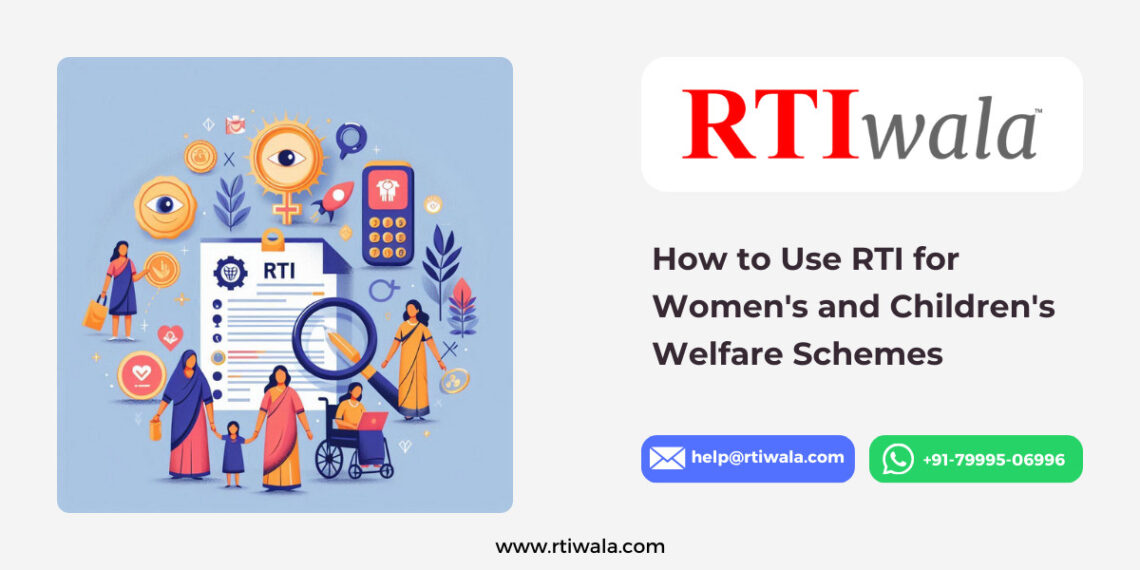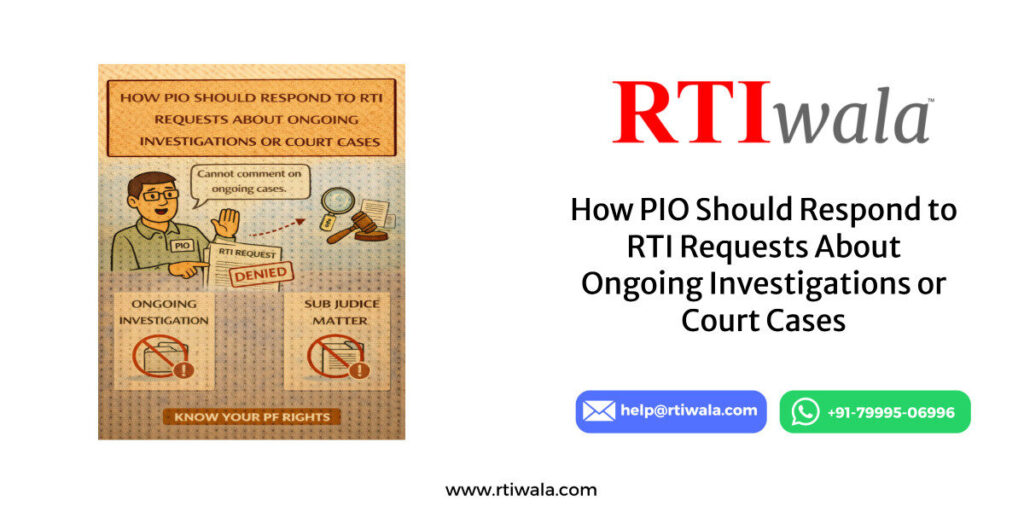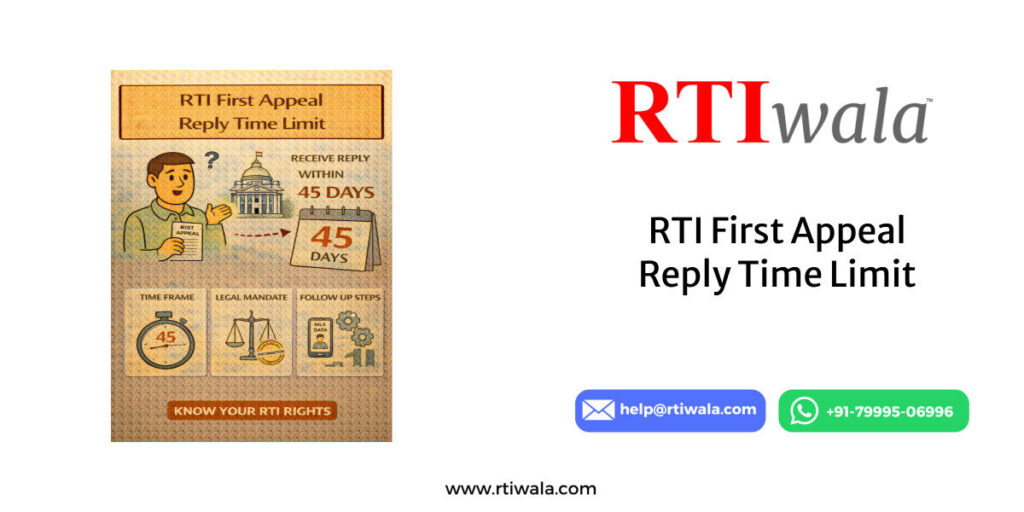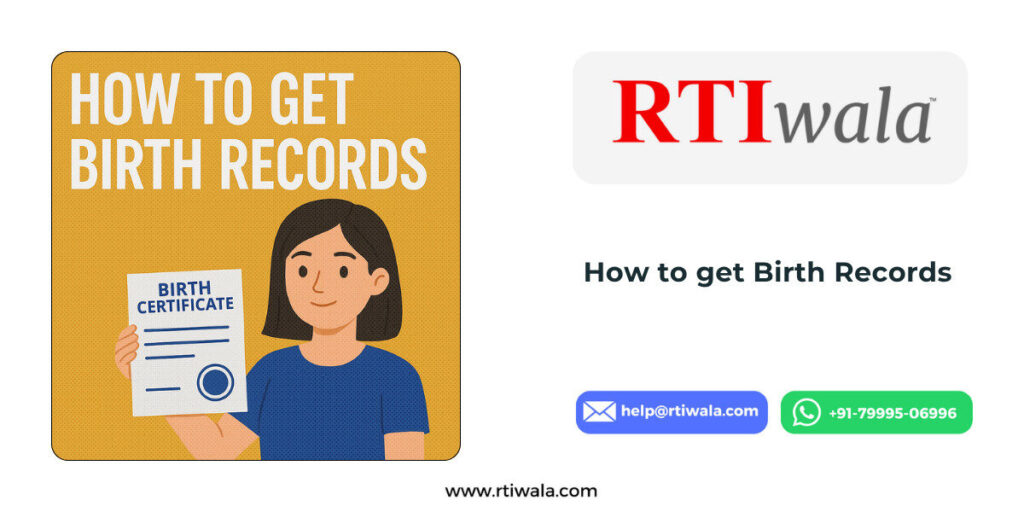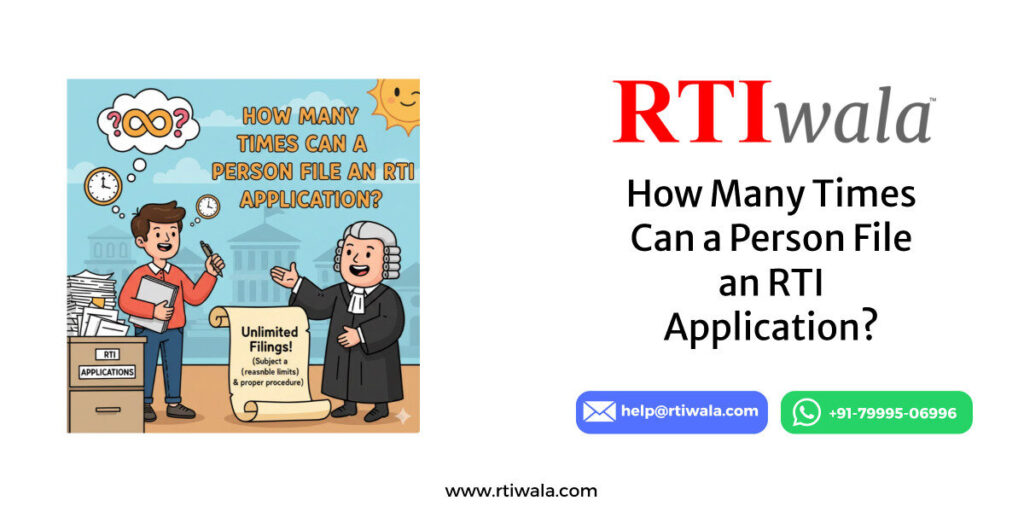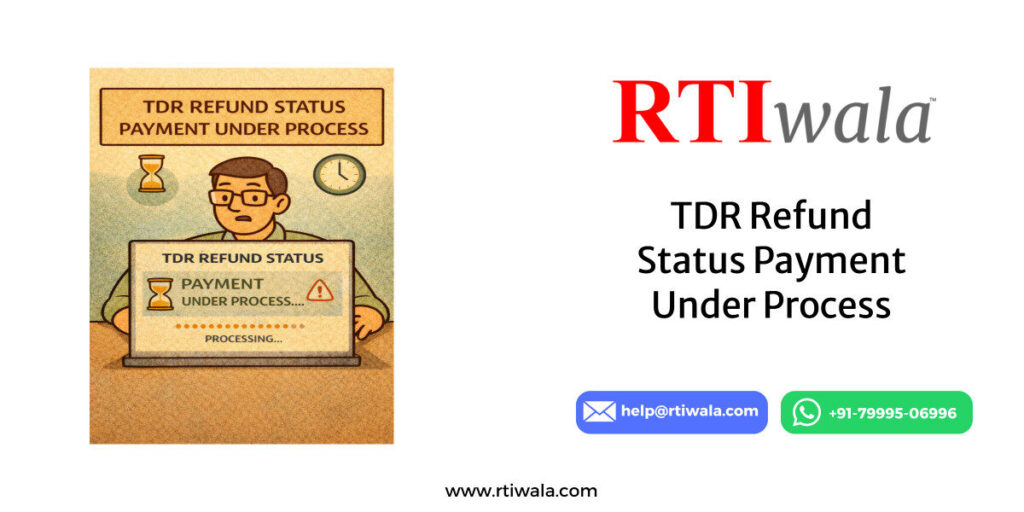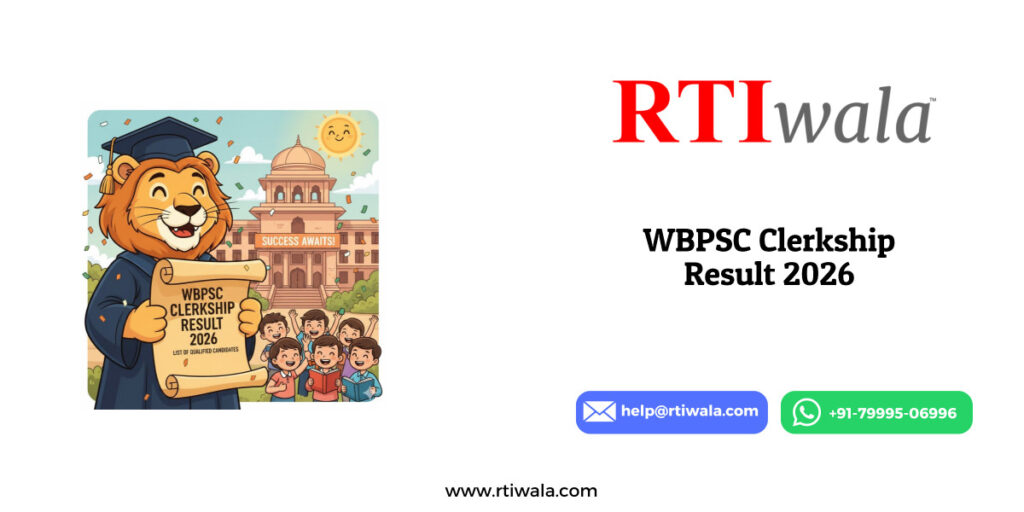Accessing information about government welfare schemes for women and children can be challenging, but the Right to Information (RTI) Act makes it easier. This powerful tool allows citizens to obtain information from public authorities and ensure that welfare schemes are being implemented effectively. In this article, we will explore how you can use RTI to access details about these important schemes and how RTIwala can assist you in the process.
Table of Contents
- Understanding Women’s and Children’s Welfare Schemes
- The Role of RTI in Accessing Welfare Scheme Information
- Step-by-Step Guide to Filing an RTI Application for Welfare Schemes
- Common Challenges and Solutions
- Success Stories of RTI in Welfare Schemes
- How RTIwala Can Help You
- FAQs
- Conclusion
Understanding Women’s and Children’s Welfare Schemes
Government welfare schemes for women and children aim to provide support and resources to improve their quality of life. These schemes include financial aid, healthcare services, education programs, and protection from abuse. Examples include:
- Pradhan Mantri Matru Vandana Yojana (PMMVY): Provides financial assistance to pregnant women and lactating mothers.
- Integrated Child Development Services (ICDS): Offers nutrition, health, and education services to children under 6 years.
- Beti Bachao Beti Padhao (BBBP): Promotes the education and empowerment of girls.
Understanding these schemes is essential for accessing the benefits they offer. RTI can help you get detailed information about how these schemes are managed and implemented.
The Role of RTI in Accessing Welfare Scheme Information
RTI allows you to request information from public authorities about various aspects of welfare schemes. This can include:
- Details of Scheme Implementation: How the scheme is being executed in your area.
- Eligibility Criteria: Who can benefit from the scheme and how to apply.
- Funds Utilization: How the funds allocated for the scheme are being used.
- Beneficiary Lists: Information on who has received benefits and how they are selected.
Using RTI, you can ensure that the schemes are working as intended and hold authorities accountable for any discrepancies.
Step-by-Step Guide to Filing an RTI Application for Welfare Schemes
Here’s how you can file an RTI application to get information about women’s and children’s welfare schemes:
- Identify the Relevant Public Authority: Determine which government department or agency oversees the welfare scheme you’re interested in. This could be the Ministry of Women and Child Development or local government offices.
- Draft Your RTI Application: Write a clear and specific application. Mention the welfare scheme you are inquiring about and list the information you need. Be as precise as possible to get accurate responses.
- Submit the Application: You can file your RTI application online through the government RTI portal or submit it physically at the office of the concerned authority. Don’t forget to pay the application fee if required.
- Track the Status: After submission, monitor the status of your RTI application. You should receive a response within 30 days. If you don’t, you have the right to file an appeal.
Common Challenges and Solutions
While RTI is a powerful tool, you might encounter some challenges, such as:
- Delayed Responses: Sometimes, responses can be delayed. To address this, follow up regularly and file an appeal if necessary.
- Incomplete Information: Occasionally, the information provided may be partial. If this happens, you can request additional details or seek clarification.
RTIwala can help you navigate these challenges by providing expert assistance in drafting, filing, and following up on your RTI applications.
Success Stories of RTI in Welfare Schemes
RTI has played a crucial role in improving welfare schemes. For instance:
- Case Study 1: An RTI application revealed discrepancies in the distribution of benefits under the PMMVY scheme, leading to corrective measures.
- Case Study 2: A request for information about the ICDS program uncovered gaps in service delivery, prompting enhanced monitoring and improvements.
These examples highlight how RTI can be used effectively to ensure transparency and accountability in welfare schemes.
How RTIwala Can Help You
Navigating the RTI process can be complex, especially when dealing with sensitive issues like welfare schemes. RTIwala will support to help you:
- Draft Your RTI Application: We ensure your application is well-written and specific to your needs.
- File Your RTI Application: We assist in submitting your application through the appropriate channels.
- Track and Follow Up: We monitor the status of your application and follow up to ensure timely responses.
Contact RTIwala for expert assistance and make the RTI process smoother and more efficient.
FAQs
Q1: What types of information can I request about welfare schemes through RTI?
You can request details about scheme implementation, eligibility criteria, fund utilization, and beneficiary lists.
Q2: How long does it take to receive a response to an RTI application?
The public authority is required to respond within 30 days of receiving your RTI application.
Q3: What should I do if my RTI application is denied or if the information is incomplete?
You can file an appeal with the first appellate authority or request additional information if needed.
Q4: Can RTI be used for private organizations running welfare schemes?
RTI applies only to public authorities and does not cover private organizations.
Q5: How can RTIwala help with my RTI application?
RTIwala provides expert help in drafting, filing, and following up on your RTI applications to ensure you get the information you need.
Conclusion
Using RTI to access information about women’s and children’s welfare schemes can significantly improve transparency and accountability. By following the steps outlined in this article, you can effectively utilize RTI to ensure that these vital programs are functioning correctly and benefiting those they are intended to support. For expert assistance in navigating the RTI process, contact RTIwala today and make the most of your right to information.












































